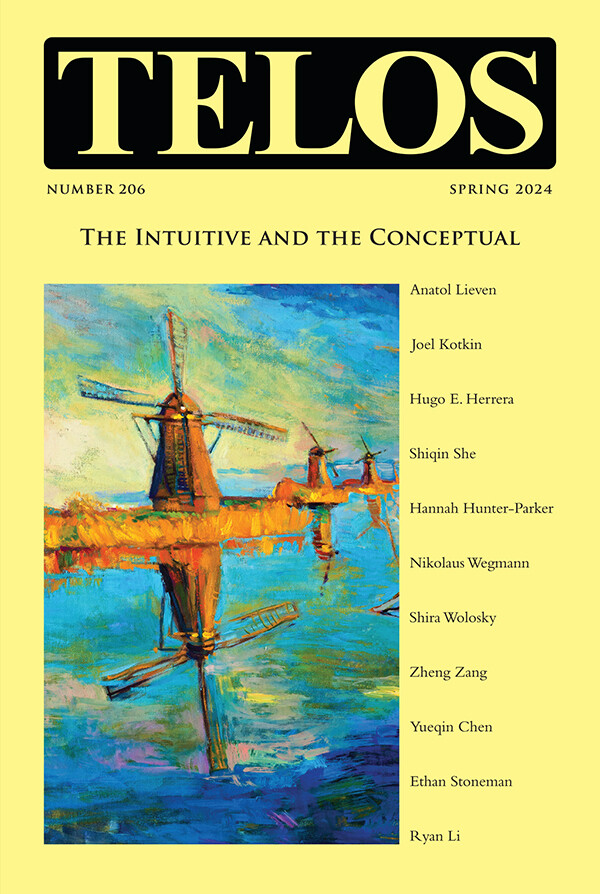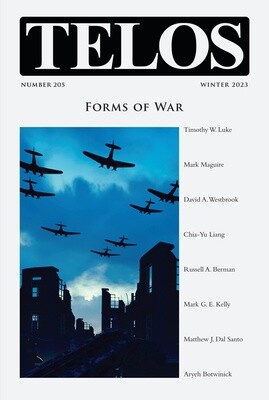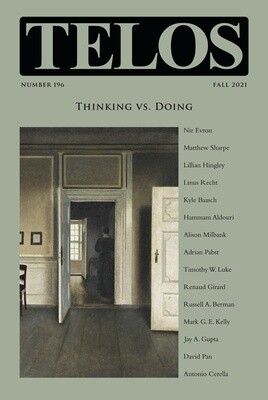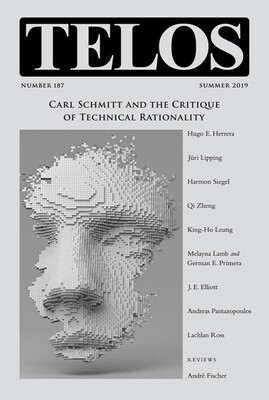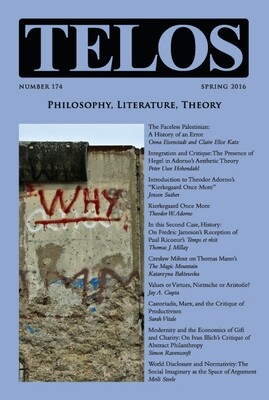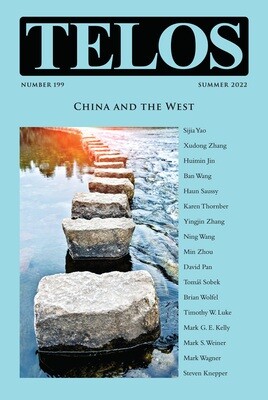Telos 206 (Spring 2024): The Intuitive and the Conceptual
The Intuitive and the Conceptual
What is an intuition as opposed to a defined concept of something? How seriously should we take such intuitions? Are they something separate and qualitatively different than concepts? Are they just fuzzy concepts? Do they really exist at all? These are crucial questions because they lead to conclusions about the status of concepts themselves. If the alternative to clear concepts is nothing at all, then the sociopolitical corollary would be that the alternative to conceptual knowledge and the holders of such knowledge would also be nothing at all. By contrast, if intuitions are separate from concepts and real, then expert knowledge might possibly have some deficiencies in comparison with intuitions. The essays in this issue of Telos explore in one way or another this question of the status of conceptual knowledge as opposed to intuitive awareness.
Introduction
David Pan
Realist Internationalism and the Issue of Legitimacy
Anatol Lieven
The New Class Conflict Gets Worse
Joel Kotkin
Carl Schmitt and Friedrich Hölderlin on the Earth
Hugo E. Herrera
Pre-reflective Self-awareness and Polyperspectivity in Chinese Landscape Painting
Shiqin She
Carl Schmitt, Don Quixote, and the Public: A Commentary
Hannah Hunter-Parker and Nikolaus Wegmann
Narrative with Commentary: Levinasian Discourse Theory
Shira Wolosky
Social Media Cannot Be the Public Sphere: On Network Opinion Field from Habermas’s Public Sphere
Zheng Zang and Yueqin Chen
Notes and Commentaries
The Anaesthetic Crisis of Work and Leisure: On Byung-Chul Han’s The Palliative Society
Ethan Stoneman
Reviews
